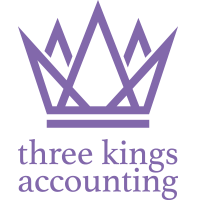The government operates a tax incentive for childcare Tax-Free Childcare (TFC).
Overview
Under TFC the tax relief available is 20% of the costs of childcare up to a total of childcare costs of £10,000 per child per year. The scheme will therefore be worth a maximum of £2,000 per child (£4,000 for a disabled child). Parents are able to apply for TFC for children under 12 (up to 17 for children with disabilities).
To qualify for TFC all parents in the household must generally meet a minimum income level, based on working 16 hours a week at National Minimum Wage or Living Wages rates as appropriate and each earn less than £100,000 a year and not already be receiving support through Tax Credits, Universal Credit or the childcare voucher scheme.
Online account
Parents are able to register with the government and open an online account. The government will then ‘top up’ payments into this account at a rate of 20p for every 80p that families pay in.
Self-employed
Self-employed parents are able to get support with childcare costs using the TFC scheme, unlike the employer supported childcare voucher scheme. To support newly self-employed parents, the government has introduced a ‘start-up’ period. During this period a newly self-employed parent will not have to earn the minimum income level.
TFC and service issues
All parents of eligible children can apply for both 30 hours of free childcare and TFC via a single website. Parents can apply online through the childcare service which can be accessed via the Childcare Choices website.
Childcare providers
Only childcare providers registered with a regulator can receive TFC payments.
How does this relate to employer supported childcare?
Employer Supported Childcare (ESC) closed to new entrants in October 2018. ESC continues to be available for current members if they wish to remain in it or they can switch to TFC but parents cannot be in both ESC and TFC at the same time.
How we can help
If you would like to discuss childcare in further detail, please do not hesitate to contact us.


